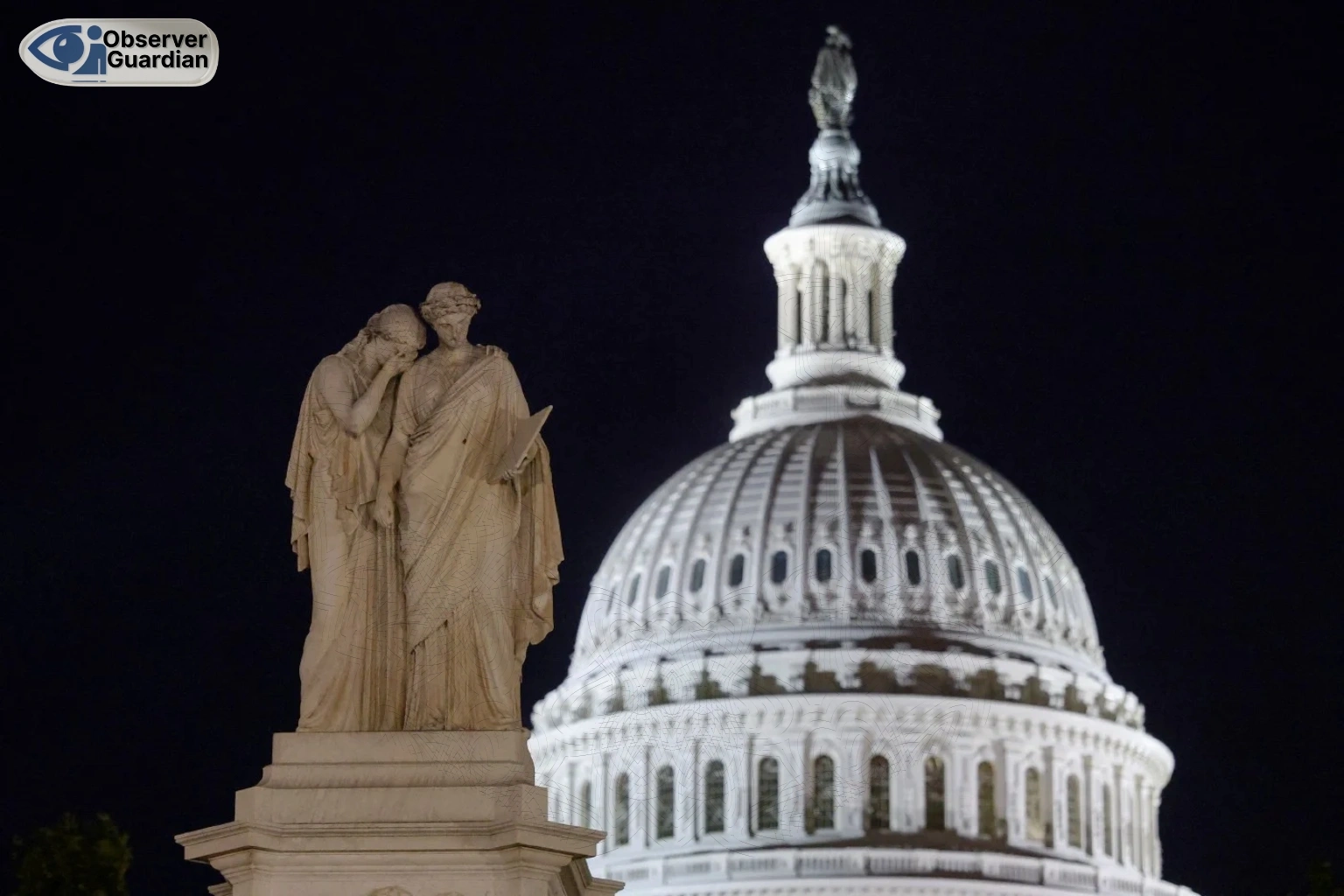The US government just shut down after Congress could not agree on a funding deal, and it is already starting to affect a lot of people. Basically, lawmakers hit the deadline without passing a budget or even a temporary extension, so a big chunk of the federal workforce is now furloughed or working without pay. Essential services keep running, but many agencies are scaling back hard.
What kicked this off is the usual partisan fight over spending. Democrats want to protect Affordable Care Act tax credits and block big cuts to Medicaid, while Republicans argue those programs are bloated and need to be trimmed. They’ve been circling each other for weeks, but nobody budged, and time ran out.
For ordinary people, the shutdown mostly shows up in the background until it drags on. Social Security and Medicare payments will keep coming because they’re funded differently, but other areas aren’t so lucky. Nearly half the staff at Health and Human Services are being sent home. The CDC and NIH are slowing or pausing research and programs. Financial regulators like the SEC are basically on skeleton crews, which means things like stock market oversight and company filings will get delayed. Even air travel could feel the squeeze since TSA officers and air traffic controllers are still working, but without pay. Morale usually takes a hit pretty fast in those situations.
There’s also a political layer to all this. The White House is holding back about $26 billion in funding for projects in mostly Democratic states, like transit and renewable energy programs. It’s a pretty aggressive move that ups the pressure but also risks making the fallout feel more partisan than usual. Republicans say Democrats are to blame for refusing to compromise, while Democrats point to GOP demands for deep cuts as the real problem. So far, no one’s blinking.
The longer this goes on, the bigger the impact. The Congressional Budget Office has estimated up to 750,000 federal workers could be sidelined, which means missed paychecks, slower contracting, delayed grants, and ripple effects in the private sector. If you’re trying to get a permit, a loan processed, or even visit a national park, there’s a good chance you’ll hit a roadblock.
As for what’s next, Congress will need to come back with either a short-term patch or a bigger spending package, and the president has to sign off. It’s anyone’s guess how quickly they can hash something out. Past shutdowns have lasted anywhere from a couple of days to over a month. Right now, it feels like both sides are bracing for a drawn-out fight.







